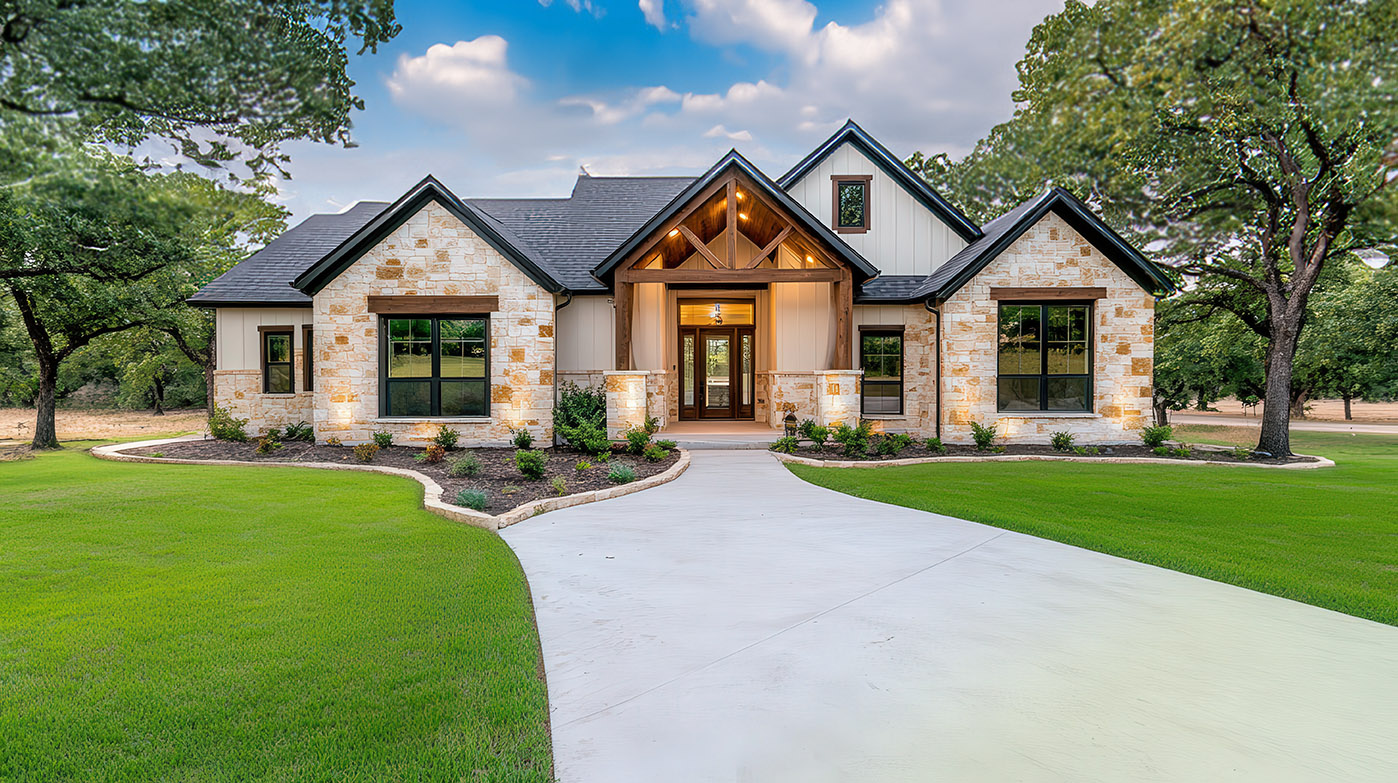There are many situations where elderly or disabled people may need help during their daily lives, and a family may believe that guardianship is appropriate. However, a person may be concerned about giving up control over their life, and they may want to be able to continue to make certain decisions for themselves. In these situations, a family may want to consider whether a limited guardianship will be appropriate or whether other options will be available. By working with an elder law attorney, a family can determine their best options and put solutions in place to ensure that an elderly or disabled family member’s needs will be met.
What Is Limited Guardianship?
In a limited guardianship, the court will appoint someone to make decisions about specific aspects of the ward’s life, such as their finances or healthcare. Notably, Texas law states that when a guardian will have limited authority over a ward, the guardianship should be designed in a way that will encourage the ward to develop or maintain self-reliance as much as possible so that they can independently meet their own needs. Unless there is reason to believe otherwise, it is presumed that a person will retain the capacity to make decisions about where they will live.
How Is Limited Guardianship Different From Full Guardianship?
In a full guardianship, the court gives the guardian complete control over the aspects of the ward’s life covered by the type of guardianship. A guardian of the person will have the authority to make all decisions about where the ward will live and what types of medical treatment they will receive. The guardian of the person will also have the duty to provide the ward with the necessary food, shelter, and medical care while attending to their personal needs and providing supervision to ensure that they are protected from harm. A guardian of the estate may manage the ward’s property and finances, including taking possession of their property, collecting debts or payments, pursuing or defending against lawsuits, and accessing digital assets such as electronic accounts.
A limited guardian will only have authority over specific parts of the ward’s life. For example, a limited guardian of the person may be responsible for providing meals and administering medications, while the ward will be able to make most decisions about the types of medical treatment they will receive. A limited guardian of the estate may be responsible for paying certain bills or addressing other financial needs, while the ward can have control over major purchases they plan to make.
Other Alternatives to Guardianship
The requirements for establishing guardianship can sometimes be complex, and a guardian will need to provide ongoing reports to the court regarding the status of the ward and whether continued guardianship will be necessary. In some cases, it may be beneficial to consider other options that will allow a person to receive assistance without putting a guardianship in place. These may include supported decision-making, in which a person may create an agreement that will allow a trusted person to assist them in certain areas of their life. A power of attorney agreement may also be a good solution, and this will allow a person to name someone they trust who can make decisions about either medical or financial issues while limiting the types of decisions that may be made and providing instructions on how certain issues should be handled.
Contact Our Dallas Guardianship Lawyer
A limited guardianship may be appropriate for an elderly person or an adult with disabilities in order to promote their well-being while still allowing them some degree of independence and control over their own life. However, it is important for family members to discuss their options to determine whether guardianship may be the best choice or whether other arrangements may be put in place. If you are considering pursuing a guardianship for someone in your life, or if you would like to receive help from a loved one, our Dallas elder law attorney can advise you of your options and help you create the proper legal agreements. Contact Andrew Dunlap Attorneys, PLLC today at 972-807-6357 to set up a consultation and learn more about how we can assist you.
Sources:
https://statutes.capitol.texas.gov/Docs/ES/htm/ES.1001.htm
https://statutes.capitol.texas.gov/Docs/ES/htm/ES.1151.htm
More Information
-
Does a Disabled Child Have Some Control in a Guardianship?
There are various scenarios in which a family might want to put guardianship in place…
-
Understanding the Two Different Types of Special Needs Trusts in Texas
If you have a loved one with special needs, you likely want to do everything…
-
Understanding What Muniment of Title Means in Texas
In the realm of estate planning, the term "muniment of title" holds significant importance, especially…
-
What is a Transfer on Death Deed in Texas?
In Texas, a Transfer on Death Deed (TODD) is a legal document that allows property…
-
Three Most Important Aspects of a Testamentary Trust in Texas
A testamentary trust is a powerful estate planning tool that allows individuals to control the distribution…
-
Three Types of Advance Medical Directives in Texas Estate Planning
Estate planning is not just about distributing your assets; it involves planning for future medical…









